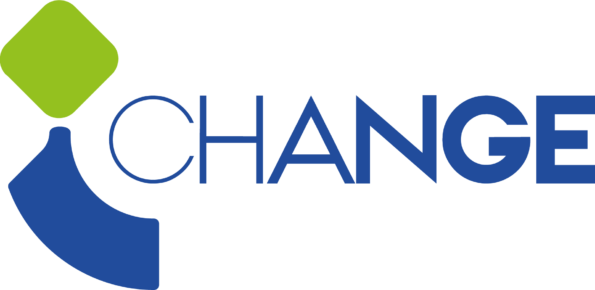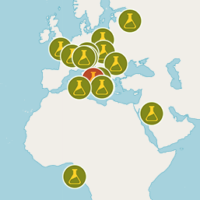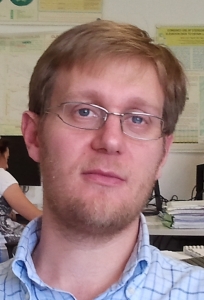I-CHANGE project
Individual Change of HAbits Needed for Green European transition (I-CHANGE)

Background
The documented effects of climate change and environmental degradation are a threat to human societies on European and global scales. Climate change may have an impact on water availability, may increase the threat of flooding and flash-floods, and will challenge coastal regions due to rising sea levels. All this will have impacts on the economy and society. The role of citizens and their skills become important both in limiting human impacts on climate and in facilitating an appropriate adaptation process.
Purpose
I-CHANGE intends to promote a learning process aimed at improving citizens’ knowledge of the phenomenon of climate change, and to make them understand how to mitigate its impacts through behavioural changes and/or structural actions (such as nature-based solutions).
Methods
I-CHANGE will act through (i) the direct collection of environmental and societal-economic data with new and easy-to-use tools (sensors, monitoring devices, simplified models and data resources) (ii) the promotion of co-designed learning pathways, (iii) the provision of targeted and customised tools (apps, best-practices) to citizens to enable a change of behaviour and consumption towards sustainable models.
Results
IRPI will contribute to the activities of at least one Living Lab, to the development of a minimum of two tools to be disseminated among citizens, to the evaluation of the impact of the project on the participants in the experiments.
Products
The project intends to provide multiple products, including:
- Guidelines for the involvement of citizens in research experiences and awareness raising
- Implementation of Living Labs
- Technological hubs for the validation, archiving, processing and dissemination of environmental data
- Tools for self-assessment of individual environmental impact or exposure to extreme events
- Apps and services for collecting environmental data.
Conclusions
I-CHANGE intends to develop effective strategies for the exploitation of results and products, so that the experiences and activities promoted can continue for a much longer period than the project duration.




 Internal contact person: ivan marchesini -
Internal contact person: ivan marchesini -